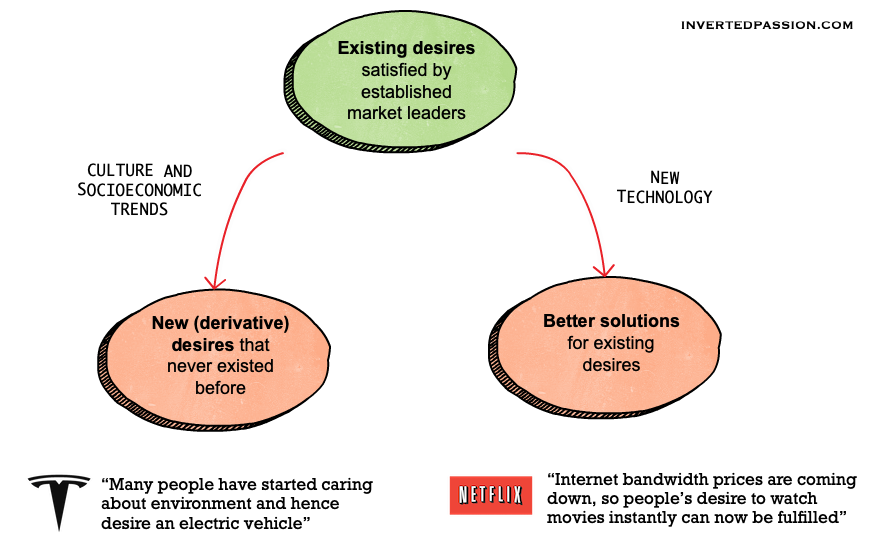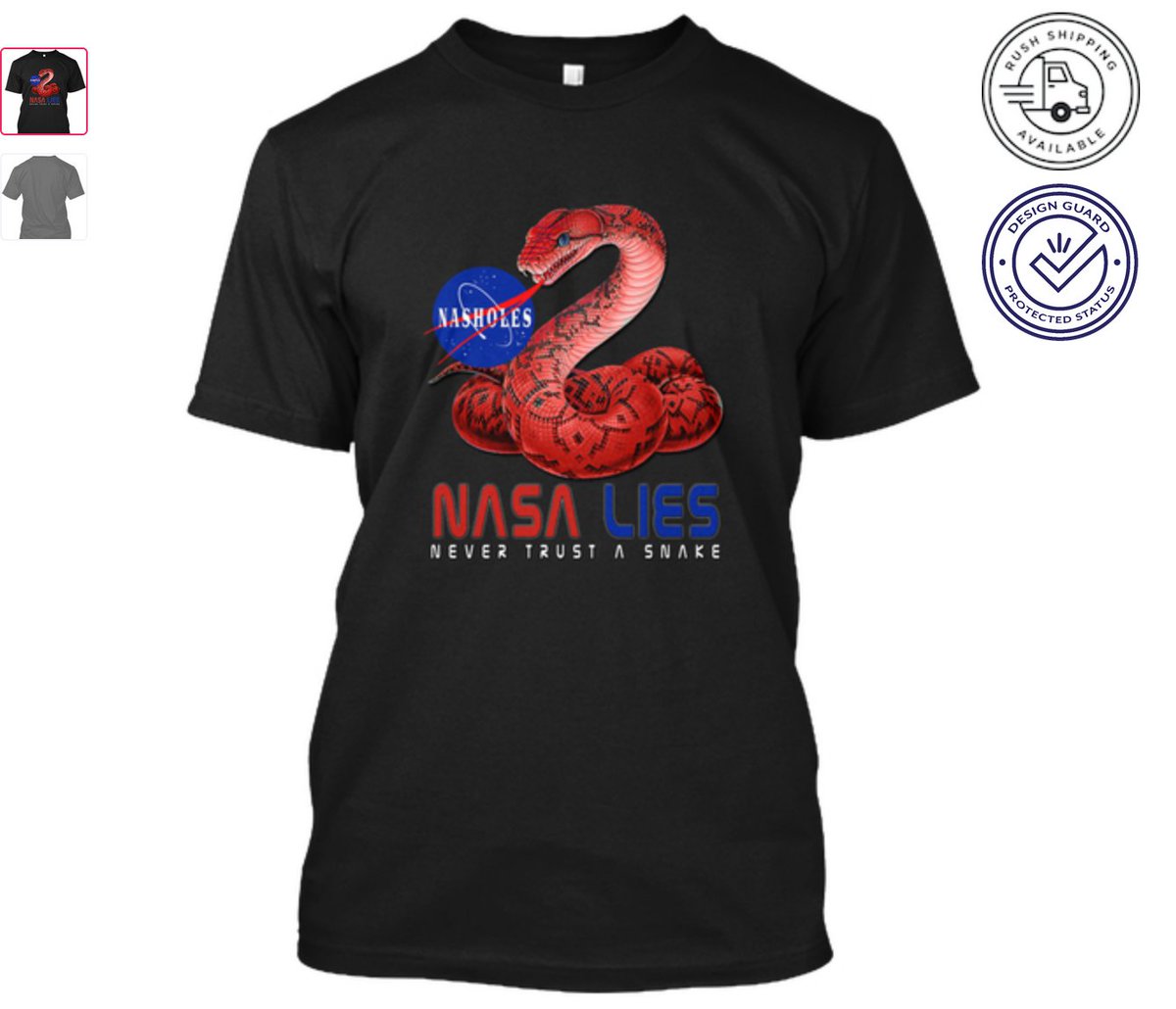a) launch a product that nobody desires;
b) launch a product that people desire but with no significant advantage over established competitors (hence give no strong reason for a customer to switch away).

Don\u2019t be a first-mover, be the first one to get it right
— Paras Chopra (@paraschopra) December 1, 2020
(a short thread on this mental model)
\U0001f680 It's also the 6th chapter of my book https://t.co/CdVsr53s4g pic.twitter.com/IAtdAs0E9E
1/ What is \u201cproduct/market fit\u201d? I\u2019m not sure I can give you a definition. But maybe I can share what the subjective difference is in how it feels when you have it and when you don\u2019t. Founding a startup is deciding to take on the burden of Sisyphus: pushing a boulder up a hill.
— Emmett Shear (@eshear) July 27, 2019
Flat Earth conference attendees explain how they have been brainwashed by YouTube and Infowarshttps://t.co/gqZwGXPOoc
— Raw Story (@RawStory) November 18, 2018
